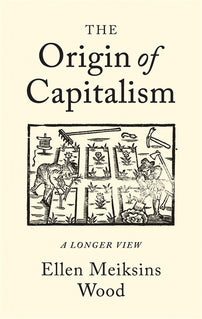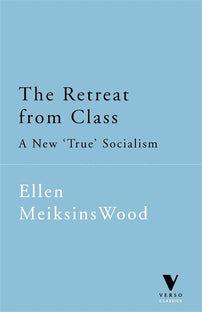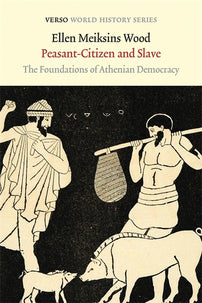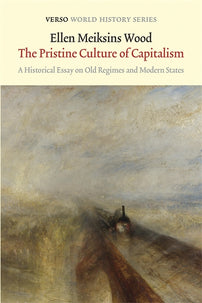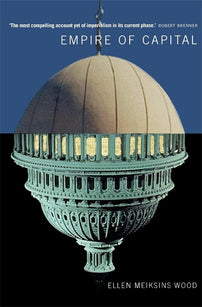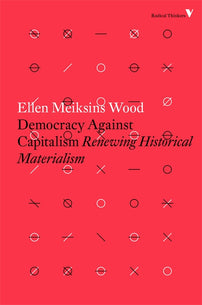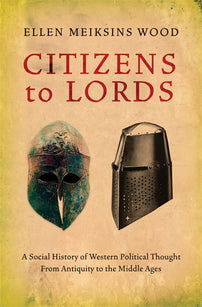Ellen Meiksins Wood: Groundbreaking Marxist Historian and Political Thinker
From her classic historical work, The Origin of Capitalism, to her sharp criticism of the Post-Marxist milieu in The Retreat from Class, Ellen Meiksins Wood was a Marxist thinker with major contributions to history, sociology, and theory.

"Wood was an extraordinarily rigorous and imaginative thinker, someone who breathed life into Marxist political theory and made it speak—not to just to me but to many others—at multiple levels: historical, theoretical, political." — Corey Robin, Jacobin
[book-strip index="1" style="buy"]

